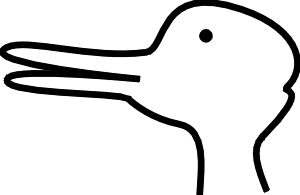The experience is subjective. The environment of the experience includes all sensations including memories, moods, and ideas. Nothing exists unless it exists vis a vis an environment. In other words, 'me' and 'not me'. It follows that a diffuse pain and a focused pain, and also moods, and also other people are experiences of the body.Consul wrote: ↑January 22nd, 2022, 8:19 pmRemembering is a kind of imagining or thinking, and thinking qua innerly speaking is itself a kind of imagining by simulating outer speech. Thinking or innerly speaking is constituted by linguistically meaningful sequences of auditory or visual quasi-sensa (virtual sensa), which do have a particular qualitative character in virtue of which there is something it is like for you to think or imagine something. What I deny is that there is a distinctive non-sensory "cognitive phenomenology" of thought.Gertie wrote: ↑January 22nd, 2022, 7:26 pmAt first glance that doesn't seem right to me.
There are similarities between sensory experience referencing the outside world and 'internal' feely sensations like pain, hunger or lust, but memory has a particular flavour of its own, mood and the thinky voice in our head seem very different too. And I can imagine or remember myself having moods or thoughts, etc.
But these are all just different ways of categorizing experience, and we can categorize and sub-categorize differently for different purposes. I just don't find the qualia v other division appropriate of helpful. Not when addressing philosophy of mind questions at least.
And if we said every type of experience is essentially sensory, then we'd just have to add extra senses like mood-sense and think-sense and remember-sense, etc wouldn't we?
There is a distinction between diffuse (non-concentrated, non-localized) bodily sensations and non-diffuse ones, e.g. between a mood of depression and a pain in a tooth. Moods are diffuse sensations, but they are a kind of sensations all the same.
The 'me' in all this is the bundle of experiences that is future -orientated as it must be to survive.








































